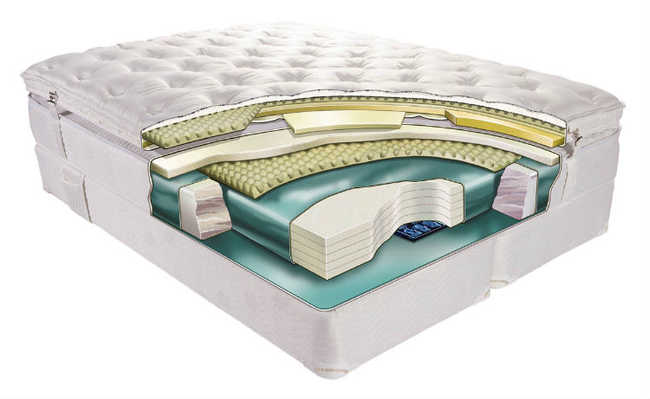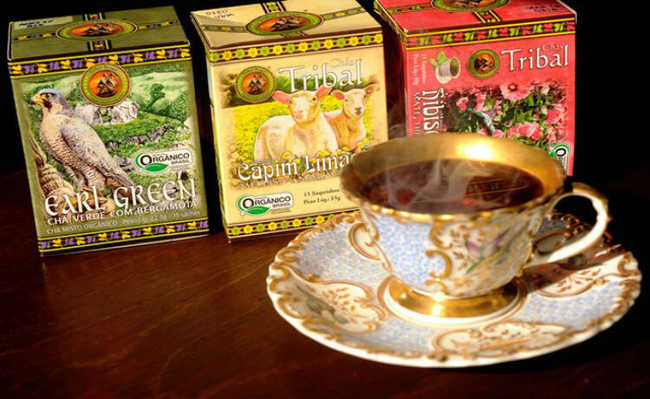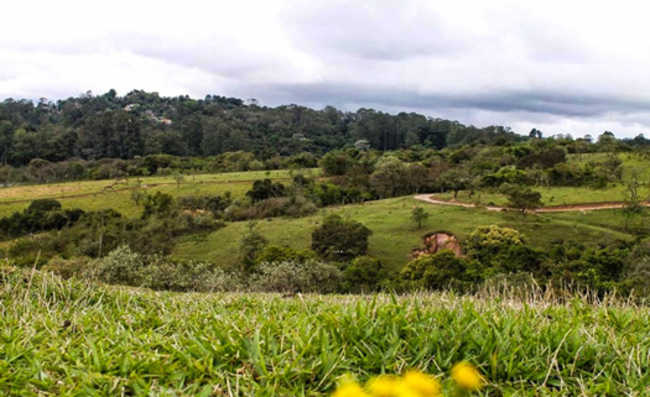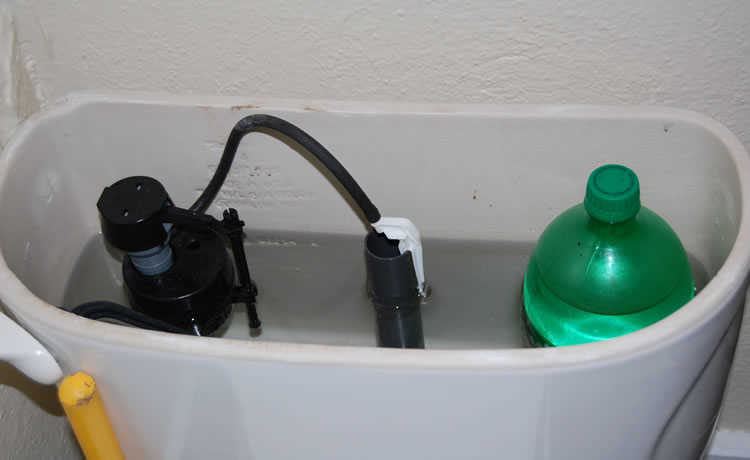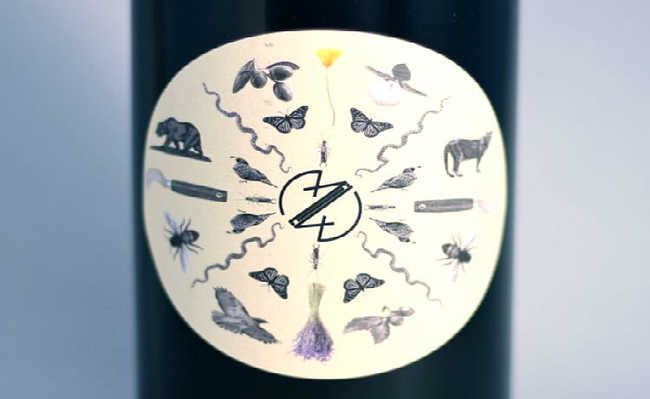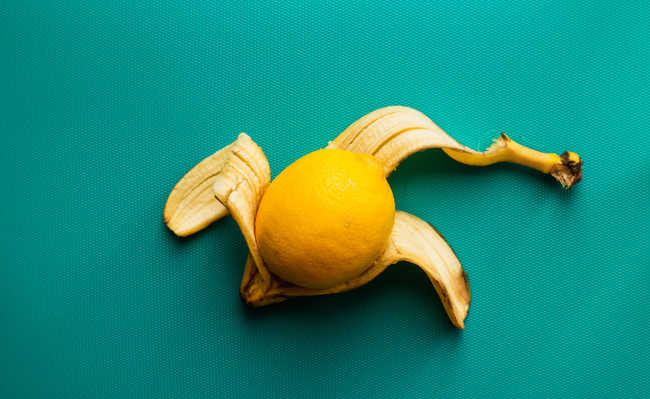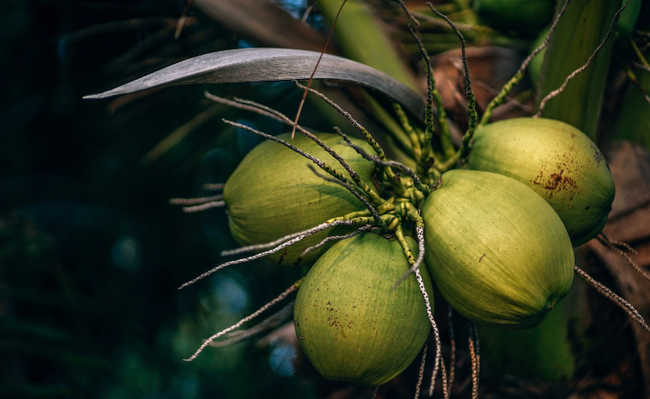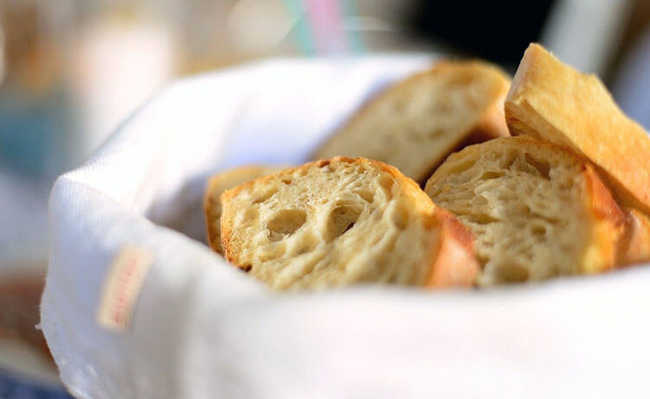Six habits (that you probably have) bad for the environment
Almost everyone has these little ecological habits. Time for a closer look

Being environmentally friendly can take work, but once you get rid of these bad habits and replace them with new ones, your footprint will lighten.
Many don't even consider going to the supermarket without reusable bags, or even ordering a steak for dinner. But there are still some persistent habits we haven't even stopped to think about! Check out some attitudes that are bad for the environment that you are probably still doing, and how to abandon them with it.
1. Use plastic bags on fruits and vegetables (before weighing them) in the supermarket

The most common excuses that support this practice:
"The carts are full of germs"
Yeah, and your hands too, which were even touching that same cart, and then picked up the fruit or vegetable from the grocery store and put it in the bag. Bacteria and germs disappear fast, so wash them when you get home.
"I'm afraid it will hurt the fruit if you don't put it"
Simply organize your cart. Place your grocery in a corner and be careful not to leave larger items such as cereal and milk cartons near it (and lay them flat so they don't fall on top). If it's a double-decker cart or with a mesh basket, go there! And how much do you think plastic can really protect your fruit?
"It becomes a mess if I don't bag it"
Okay, I'll admit it: spinach out of the bag is tough. For a case like this, just reuse some grocery bags. Keep them and take them with you along with yours. eco-bag.
"The cashier's hands will get everything dirty"
Once again, everything there is dirty. Just make sure you wash everything when you get home and everything will be fine!
2. Do not keep gift packages
Getting a well-wrapped gift is always good, especially if it's easy to open. This way, you can fold the package all over again, and reuse it to give someone else a gift! Bows and ornaments too! Keep them, as they are easy to be reused.
Another great idea is to check out sites that teach you how to pack paperless treats, such as WrapWrap (in English), you can use fabric as an alternative.
3. Use disposable Japanese food sticks (hashi)

This only applies if you are an Asian-type food eater, and if so, you are guilty of using these skinny ones and then throwing them away.
About 100 acres of forest are cleared each year to produce 45 billion pairs of chopsticks. Isn't it much easier to buy pairs of durable chopsticks in Asian stores? If we don't throw away forks and knives after meals, why would we do that with oriental cutlery?
4. Turn off lights every time you leave a room

It's certainly a good thing you get into the habit of turning off the lights when you leave a room. However, depending on the type of lamp you use, it may be more energy efficient to keep them on if you come back right away. Let's explain, based on the most common types of lamps:
Incandescent:
They can be turned off at any time. They are energetically terrible and should be banned straight away (they are being, slowly);
Fluorescents:
They can stay longer, about five minutes on without problems. This is because their useful life is reduced by the number of times they are turned on and off. Thus, ecologically speaking, it is better to keep the same than to buy new ones. In short: if you're coming back quickly, leave them on!
5. Leave chargers plugged in

People still think that if you don't have a device connected to it, then the energy will stop circulating. Unfortunately, nothing further from the truth.
The static energy circulating in the wire is called “vampire energy” or “standby” and costs 10 billion dollars a year in wasted electricity in the United States.
6. Have lots of denim clothes

Most of us have at least one pair of jeans. A US resident has, on average, seven pairs.
But did you know that the amount of water to make these jeans is huge? The brand “Levi’s” said that it takes around three thousand liters of water to make just one pair of pants.
The truth is, jeans are all good. In addition to being beautiful, it lasts for a long time. So invest in few and quality parts.
Do you have little habits that you think are bad for the environment? If yes, let us know in the comments!


